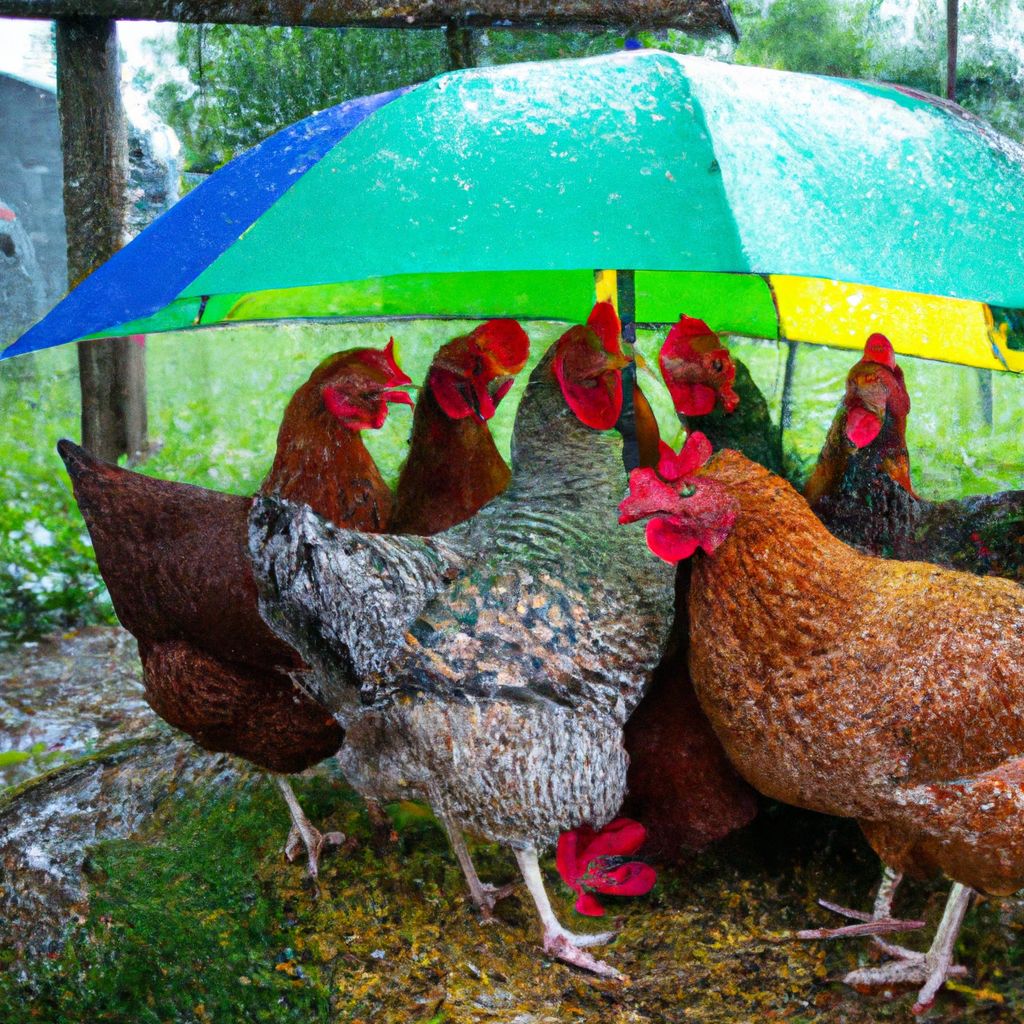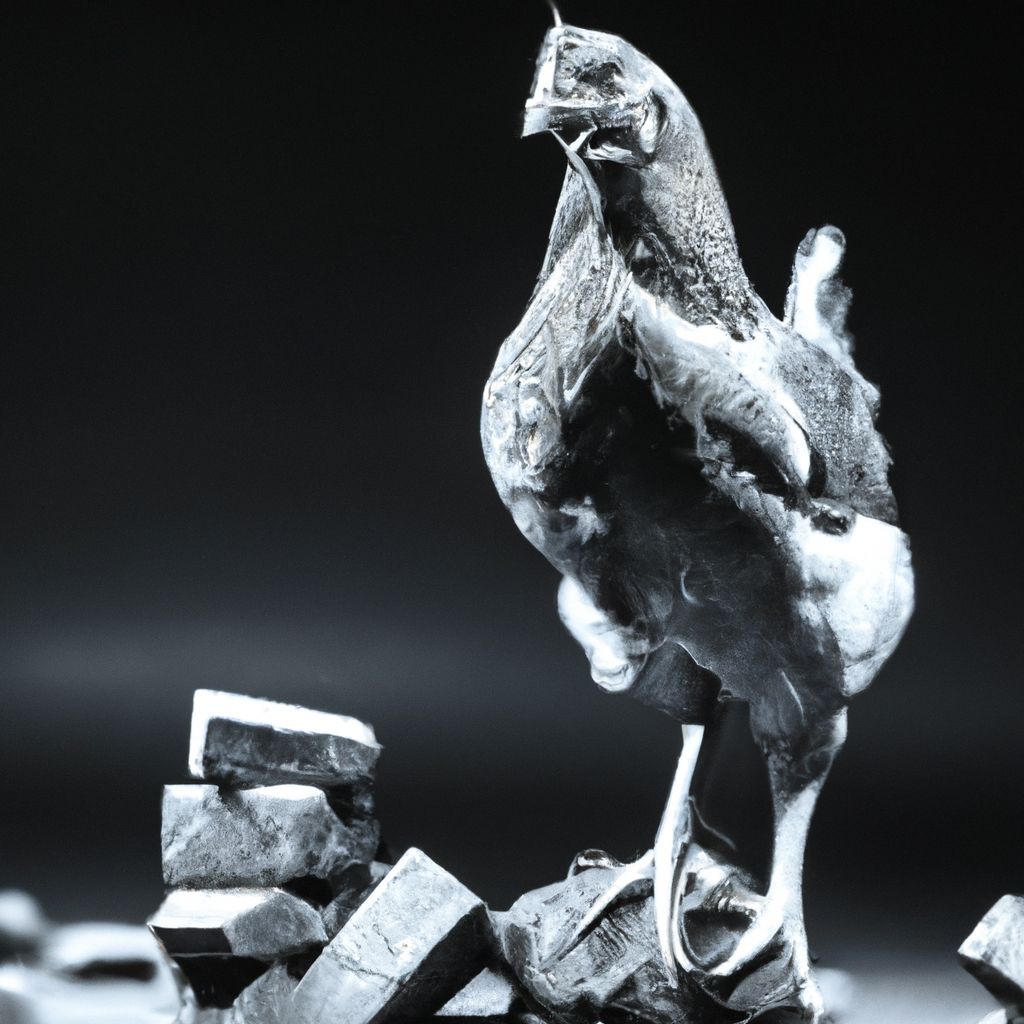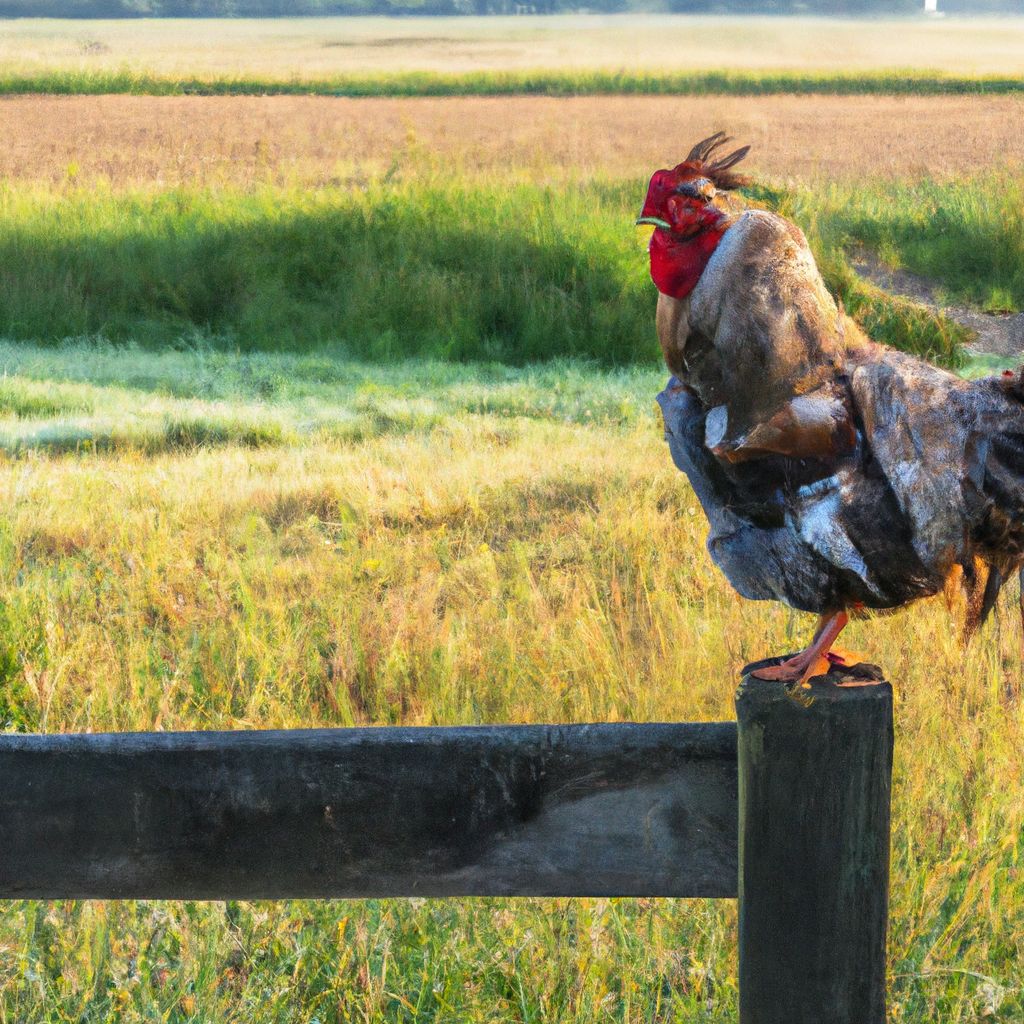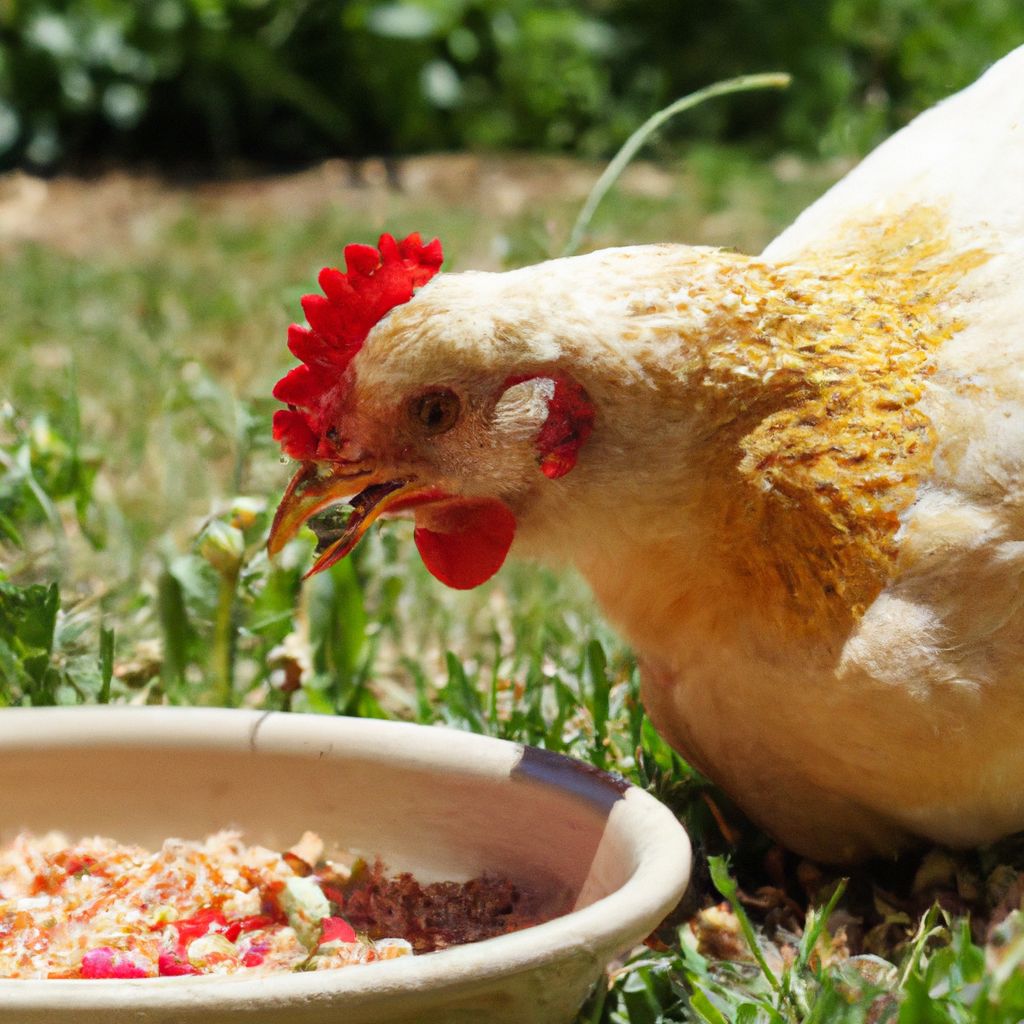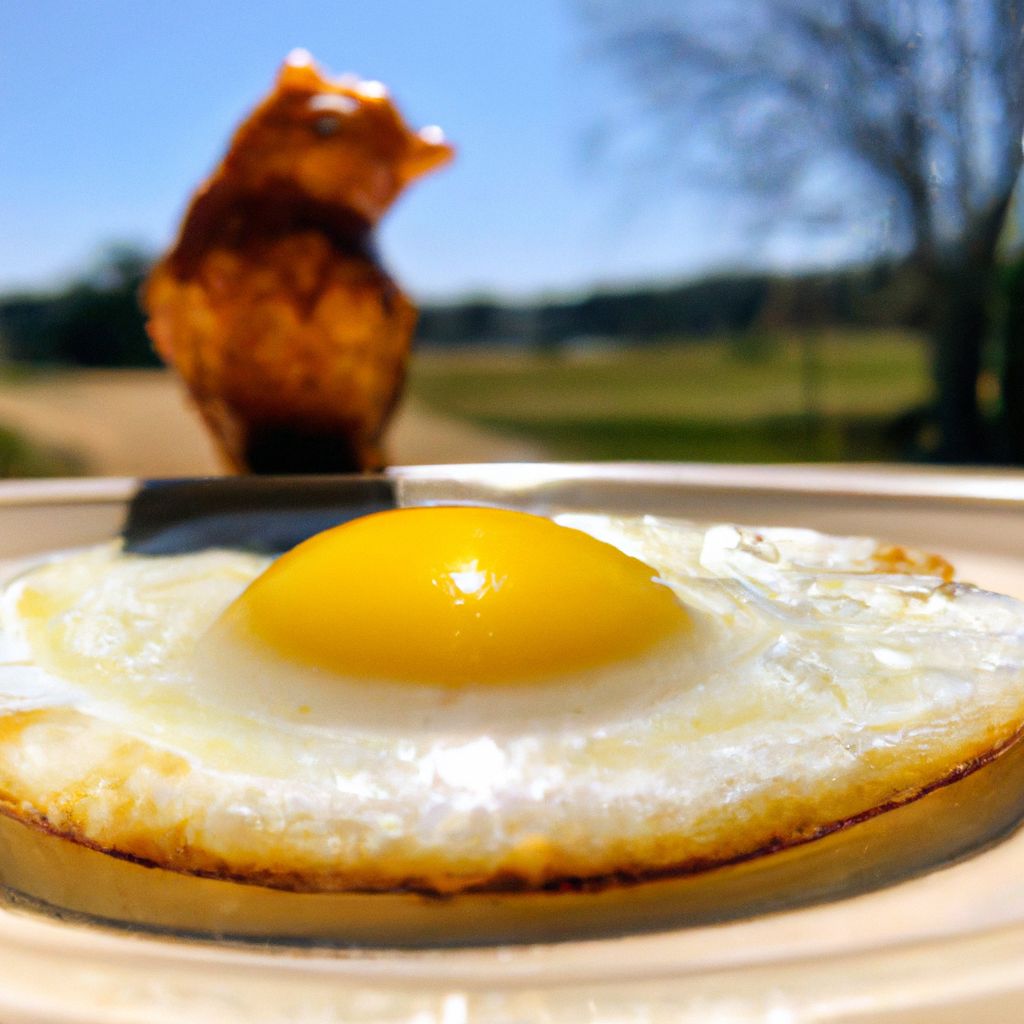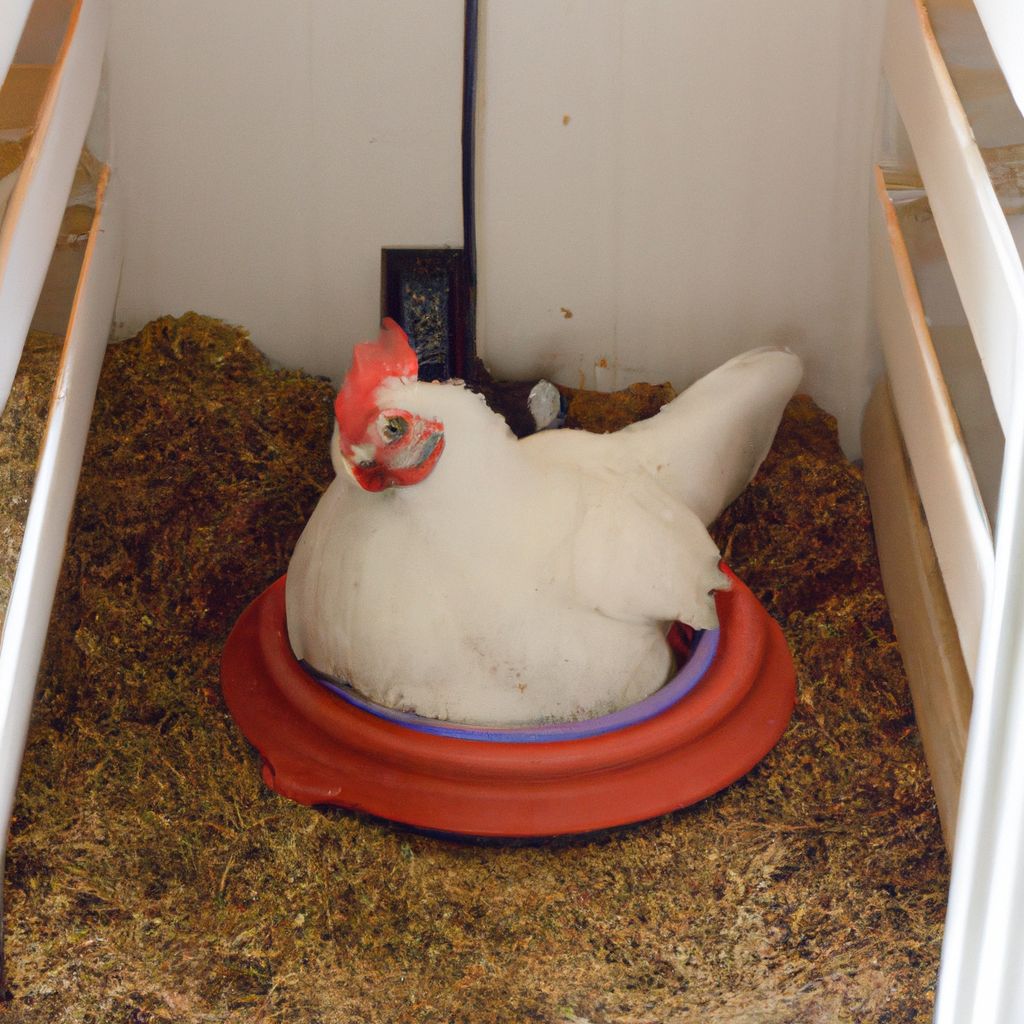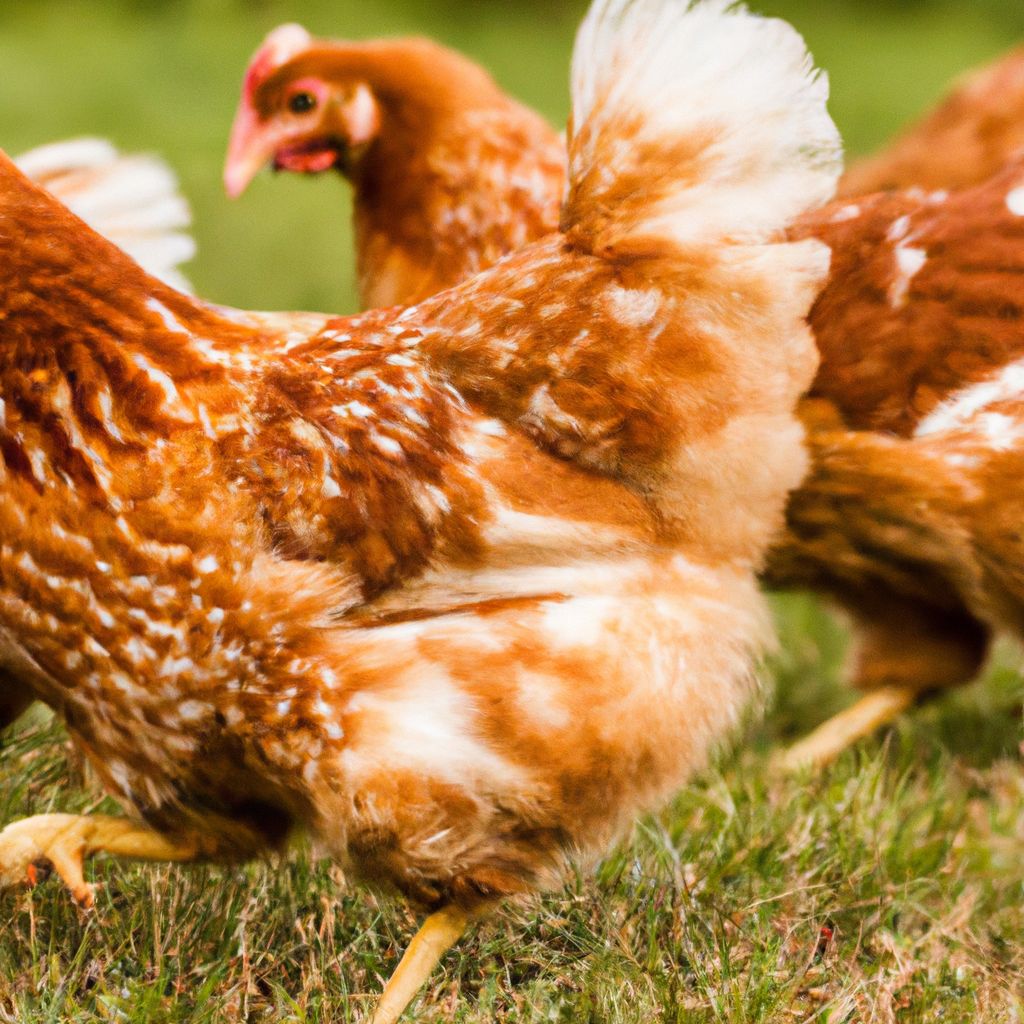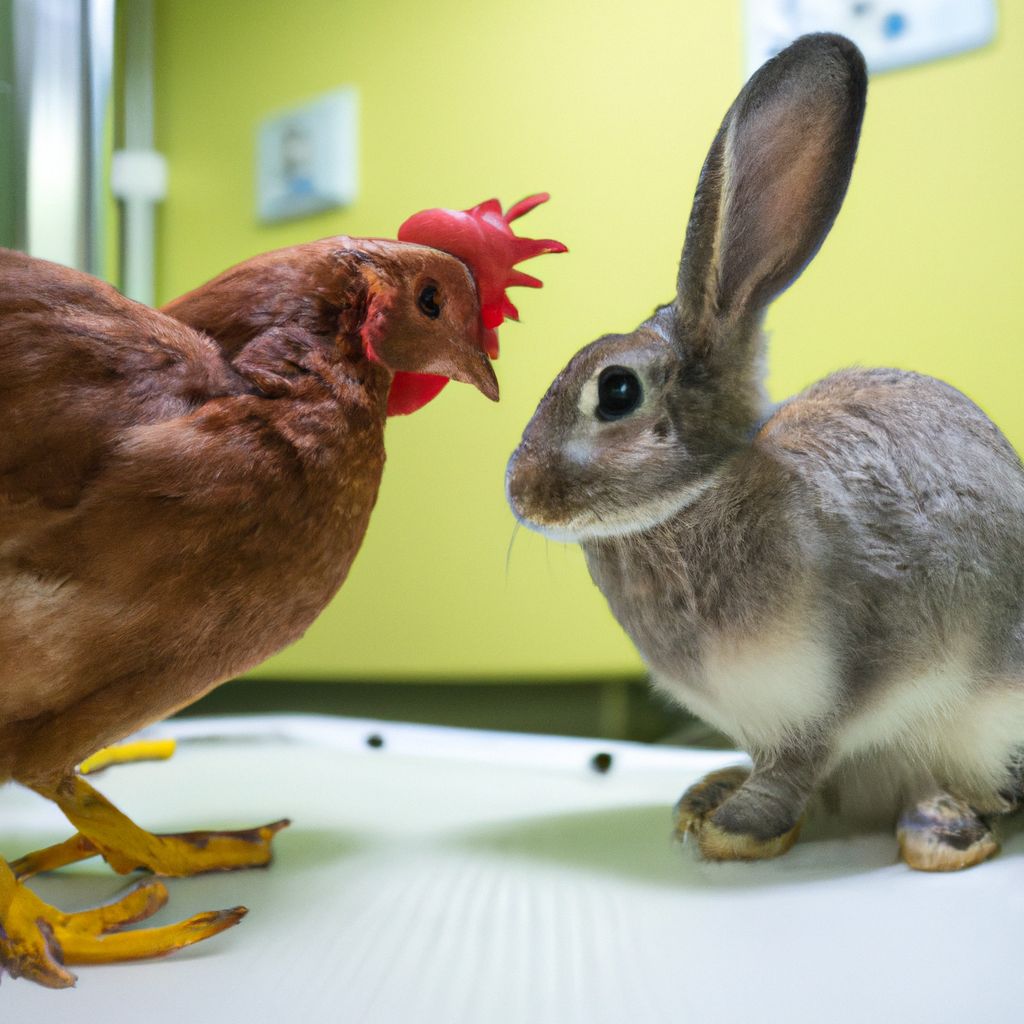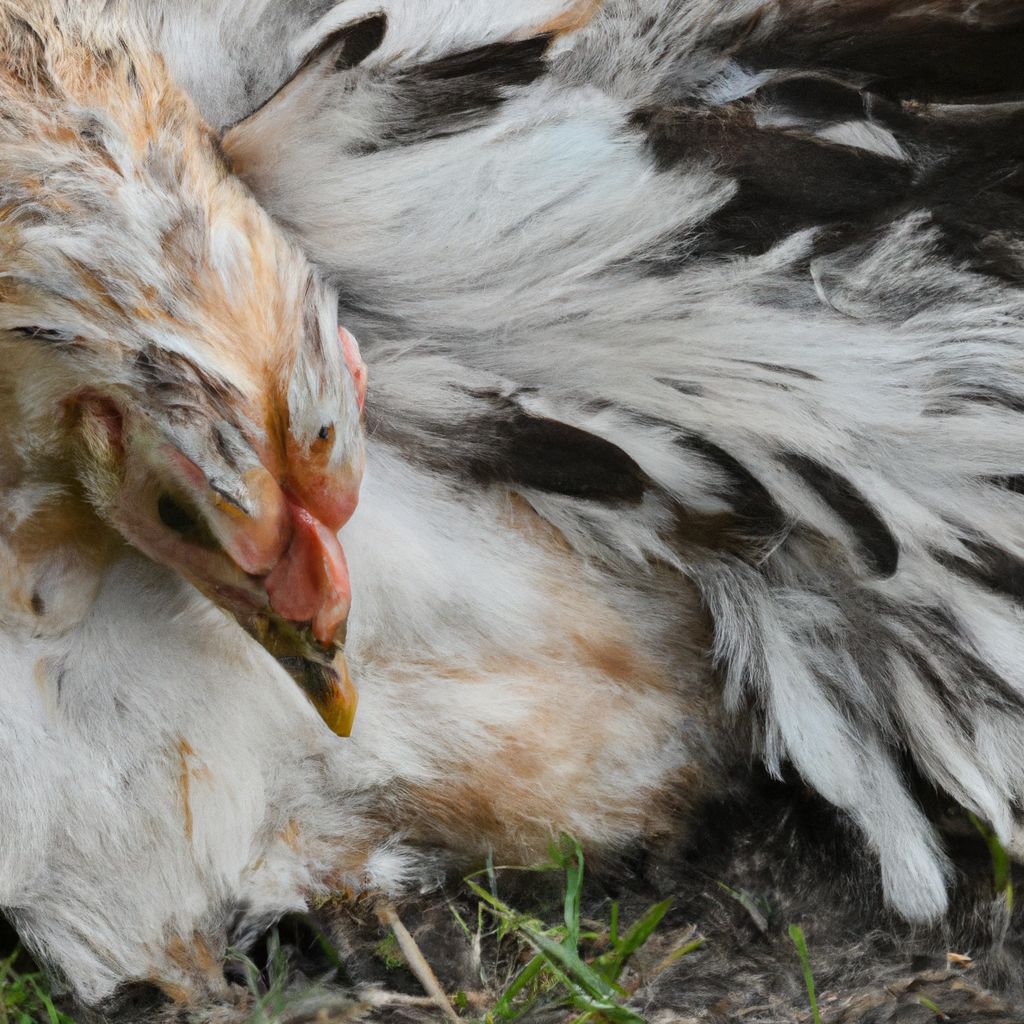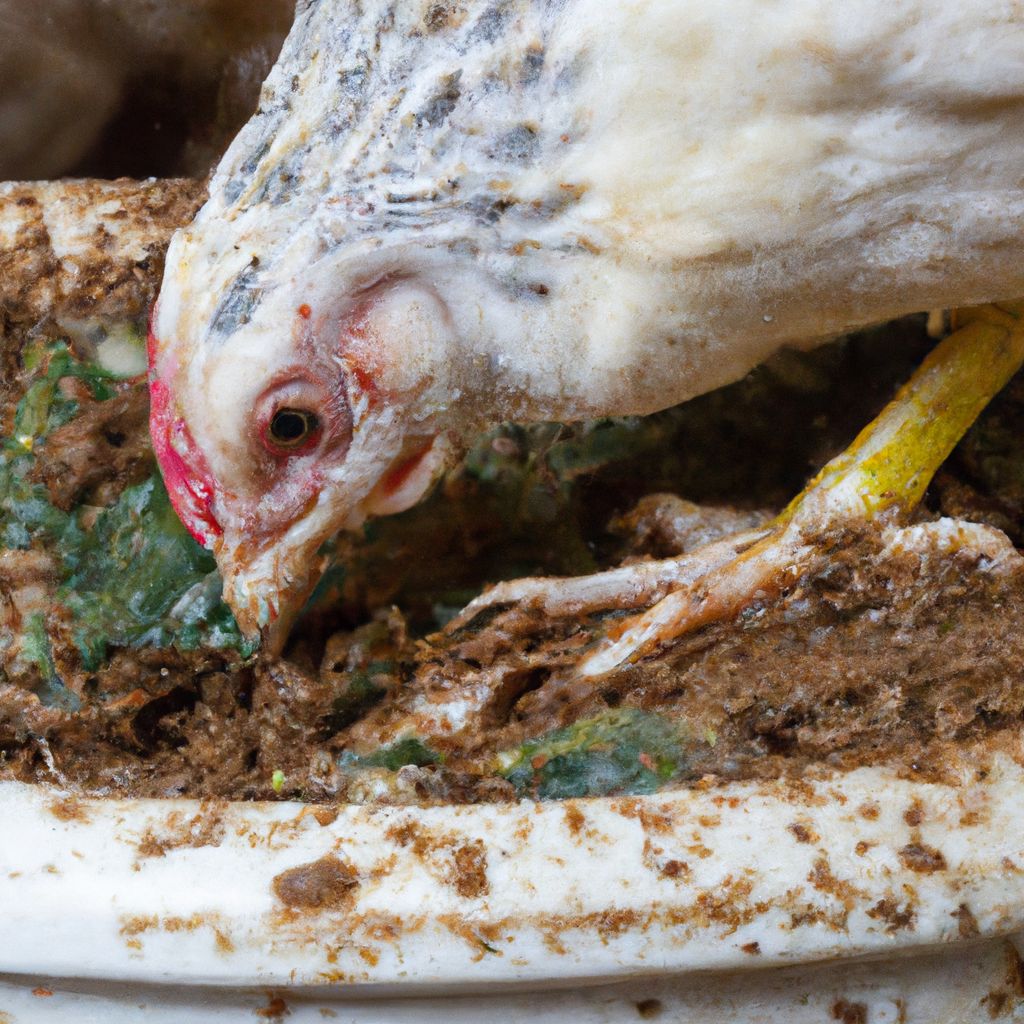Key Takeaway: Ensuring chicken comfort during rain is crucial to their well-being. Providing shelter options and monitoring their health can help mitigate the risks associated with rain exposure. Keeping the coop and run dry is essential to prevent health issues like respiratory infections and wet feathers. Regularly cleaning and providing proper bedding can help maintain
Daily Archives: December 24, 2024
Key takeaway: Grit plays a crucial role in a chicken’s digestive process, aiding in nutrient absorption and digestion. There are two types of grit: soluble grit, which dissolves in the chicken’s digestive system, and insoluble grit, which helps grind down food in the gizzard. Providing chickens with appropriate sources of grit, such as coarse sand
Key Takeaways: Chickens’ waking habits are influenced by their internal clock and the natural sunrise, which play a significant role in determining when they wake up. External factors, such as ambient light, noise, and temperature, can also impact chickens’ waking habits and may cause variations in their wake-up time. Observations from the author and other
Key Takeaways: A balanced diet is crucial for the health and well-being of Buff Orpington chickens. Recommended feed options for Buff Orpingtons should include a mix of grains, pellets, and fresh vegetables. Feeding requirements differ for baby chicks and laying hens, so it’s important to adjust their diets accordingly. Supplementing with treats and providing proper
Key Takeaway: Factors affecting egg taste include the chicken’s diet, foraging abilities, and breed. Poule de Bresse, Australorp, and Rhode Island Red are chicken breeds known for producing tasty eggs. The components of a tasty egg are influenced by factors such as feed quality, the source of the eggs (home-grown vs supermarket), and the age
Key Takeaways: Regularly inspect and clean nesting boxes to ensure hygiene and prevent health risks to chickens. Take measures to address issues such as mites, injuries, and bullying that may cause chickens to sleep in nesting boxes. Promote proper roosting behavior by blocking access to nesting boxes at night, providing suitable roost height, and training
Key Takeaways: Natural deworming methods are important for chickens to prevent and treat worm infestations. Signs of worm infestation in chickens include lack of weight gain, increased feed consumption, pale yolk color, diarrhea, anemia, and mortality. Common types of worms affecting poultry include hairworm, roundworm, gapeworm, and caecal worm. While synthetic deworming solutions are available
Key Takeaways: Compatibility and safety considerations are important before keeping rabbits and chickens together. Rabbits can contract diseases such as Avian Influenza, Salmonella Infection, and Newcastle Disease from chickens. To minimize the risk of disease transmission, recommended practices include separate living spaces, implementing hygiene practices, and supervised interactions. Introduction Photo Credits: Chipperbirds.Com by Eric Lewis
Key Takeaways: Feather loss in chickens can occur due to natural processes such as moulting, where old feathers are shed and replaced. Supporting chickens during moulting is important to minimize stress and promote healthy regrowth. Other causes of feather loss in chickens include genetic mutations and naturally occurring featherlessness, health issues and diseases, preening and
Key Takeaway: Proper chicken nutrition and health are crucial for their well-being. Moldy food can have severe consequences on their health and overall productivity. Moldy food can lead to mycotoxicosis, causing toxins to harm chickens. Digestive issues and decreased egg production are common symptoms of consuming moldy food. Feeding chickens moldy food can result in

